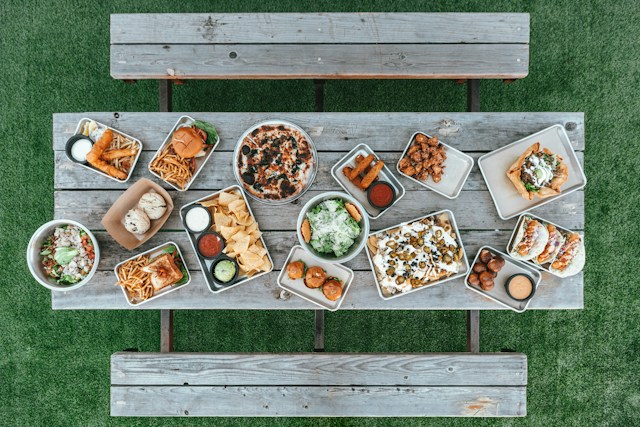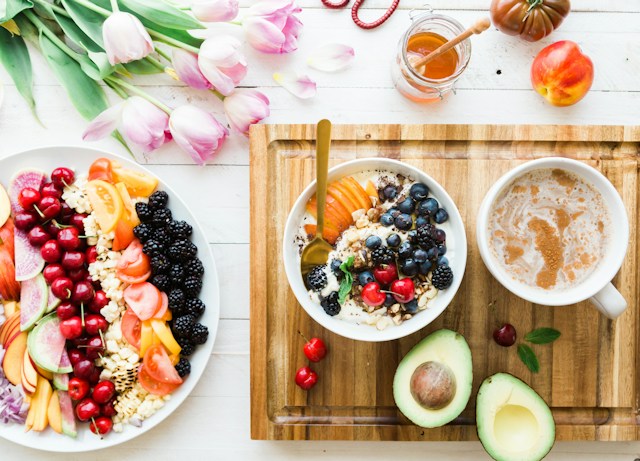Living with kidney disease requires mindful lifestyle adjustments, and one of the most impactful changes you can make is adopting a kidney-friendly diet. A well-planned 7-day meal plan for kidney disease focuses on managing waste buildup in your blood, reducing strain on your kidneys, and promoting overall health. This can significantly slow disease progression and improve your quality of life.

Understanding the Kidney-Friendly Diet
Before diving into the meal plan, let’s understand the core principles of a kidney-friendly diet:
- Fluid balance: Adequate water intake is crucial for proper kidney function. Aim for 8-10 glasses of water daily, adjusting based on your doctor’s recommendations and individual needs.
- Sodium restriction: Limiting sodium intake reduces fluid buildup and eases pressure on your kidneys. Opt for fresh, unprocessed foods and herbs for seasoning instead of salt.
- Potassium control: While potassium is essential, individuals with advanced kidney disease may need to moderate their intake. Choose low-potassium fruits and vegetables like apples, grapes, berries, and cabbage.
- Phosphorus management: Phosphorus binds with calcium, potentially leading to bone issues. Dairy products, nuts, seeds, and processed foods tend to be high in phosphorus, so consume them in moderation.
- Protein adjustments: Depending on the stage of your kidney disease, protein intake might need to be restricted. Lean protein sources like fish, poultry, eggs, and beans are preferred.
7-Day Kidney-Friendly Meal Plan:
This sample meal plan provides inspiration and variety while adhering to kidney-friendly principles. Remember, portion sizes and specific food choices may need to be personalized based on your individual needs and doctor’s guidance.
Related Posts
Day 1:
- Breakfast: Scrambled eggs with spinach and tomatoes, whole-wheat toast with avocado
- Lunch: Tuna salad sandwich on whole-wheat bread with lettuce and tomato (rinse canned tuna to reduce sodium)
- Dinner: Baked salmon with roasted Brussels sprouts and quinoa
- Snacks: Apple slices with almond butter, carrot sticks with hummus
Day 2:
- Breakfast: Greek yogurt with berries and chia seeds
- Lunch: Lentil soup with whole-wheat crackers and side salad
- Dinner: Chicken stir-fry with brown rice and broccoli (use low-sodium soy sauce)
- Snacks: Grapes and walnuts, cucumber slices with low-fat cottage cheese
Day 3:
- Breakfast: Oatmeal with cinnamon and blueberries
- Lunch: Turkey and vegetable wrap on whole-wheat tortilla
- Dinner: Baked cod with sweet potato and green beans
- Snacks: Pear slices with string cheese, celery sticks with peanut butter
Day 4:
- Breakfast: Smoothie with almond milk, banana, spinach, and protein powder
- Lunch: Black bean and corn salad with avocado and quinoa
- Dinner: Tofu scramble with bell peppers and onions, whole-wheat toast
- Snacks: Cherry tomatoes with low-fat mozzarella, air-popped popcorn

Day 5:
- Breakfast: Whole-wheat pancakes with berries and maple syrup
- Lunch: Tuna salad lettuce wraps with sliced cucumber and tomato
- Dinner: Shrimp scampi with zucchini noodles and whole-wheat pasta (optional)
- Snacks: Bell pepper slices with hummus, apple slices with almond butter
Day 6:
- Breakfast: Poached eggs on whole-wheat English muffin with spinach
- Lunch: Chicken Caesar salad with light dressing and whole-wheat croutons
- Dinner: Baked salmon with roasted asparagus and brown rice
- Snacks: Greek yogurt with pineapple and granola, carrot sticks with guacamole
Day 7:
- Breakfast: Scrambled eggs with mushrooms and onions, whole-wheat toast
- Lunch: Lentil and vegetable soup with whole-wheat bread
- Dinner: Turkey chili with kidney beans and brown rice
- Snacks: Air-popped popcorn, pear slices with string cheese
Tips for Success:
- Meal prep: Planning and preparing meals in advance makes it easier to stick to your meal plan for kidney disease.
- Read food labels: Pay close attention to sodium, potassium, and phosphorus content when choosing packaged foods.
- Season creatively: Use herbs, spices, and citrus juices to add flavor without relying on salt.
- Stay hydrated: Drinking plenty of water helps flush out toxins and keeps your kidneys functioning optimally.
- Consult a dietitian: A registered dietitian can personalize a meal plan for kidney disease tailored to your specific needs and preferences.
Remember:
A kidney-friendly diet is not just a temporary adjustment; it’s a lifestyle that can positively impact your health and wellbeing over the long term.

















